“Another stable scan six months after diagnosis passed, and I reopened my job search. With my cancer under control, I might have several years left. It seemed the career I had worked for years to attain, which had disappeared amid disease, was now back in reach. I could almost hear trumpets sounding a victory fanfare.” (page 156)
On the other hand, however, Kalanithi’s story impresses upon the reader the importance of fostering interests outside of work.
Medical professionals are so often expected to spend so many of their hours at work or thinking about work, that it’s often seen as a weakness to have interests outside of the profession. Kalanithi proves the opposite in his work, and poses a difficult question, particularly for those of us who feel at home in the operating theatre – what would you do with your life if you couldn’t operate? What would you do if you couldn’t practice medicine any more?
“You may decide you want to spend your time working as a neurosurgeon, but two months later, you may feel differently. Two months after that, you may want to learn to play the saxophone or devote yourself to the church.” (page 160-161)
Kalanithi’s experiences during his medical life ran the entire gamut of wanting to save people, to cynicism, to realisation of how that cynicism was obstructing his ability to help his patients, to wishing to reach patients on a level higher than purely medical. His ultimate aim to reach individual patients on a personal level shows that he truly was a caring and thoughtful doctor. His admission to multiple mistakes and difficulties in clinical situations demonstrate that he was as human as the rest of us. He speaks of the camaraderie between co-residents, the trials of navigating human moments with patients and families overcome with emotion and the tragedy of making errors when you only want the best for your patients.
“I was not yet with patients in their pivotal moments, I was merely at those pivotal moments. I observed a lot of suffering; worse, I became inured to it. Drowning, even in blood, one adapts, learns to float, to swim, even to enjoy life, bonding with the nurses, doctors, and others who are clinging to the same raft, caught in the same tide.” (page 81-82)
This is a wonderfully heartbreaking, yet strangely life-affirming book. Kalanithi’s experience as a terminally ill patient in his hospital system has reminded me to consider my patients as people more; and re-affirmed my commitment to my life outside of the hospital system, to help myself stay balanced.
Kalanithi manages to illustrate a truly unique career trajectory while confirming the, at times, small maddening, enlightening and triumphant universal experiences of all medical professionals.
Trust me on this one – READ THIS BOOK


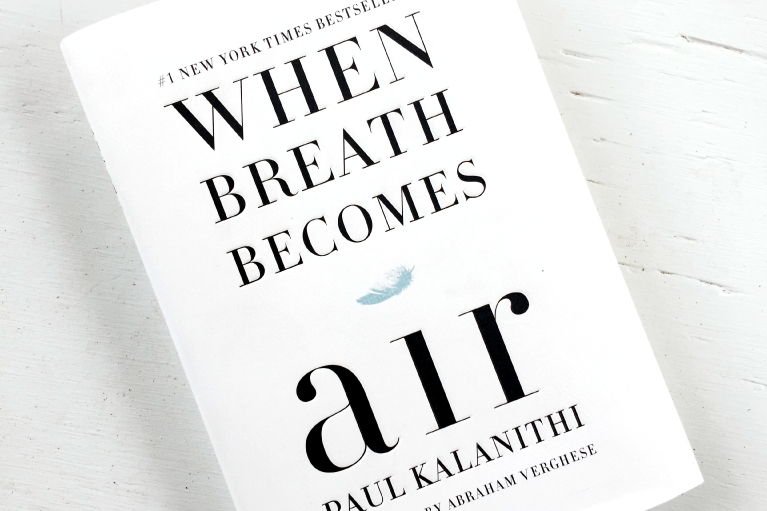
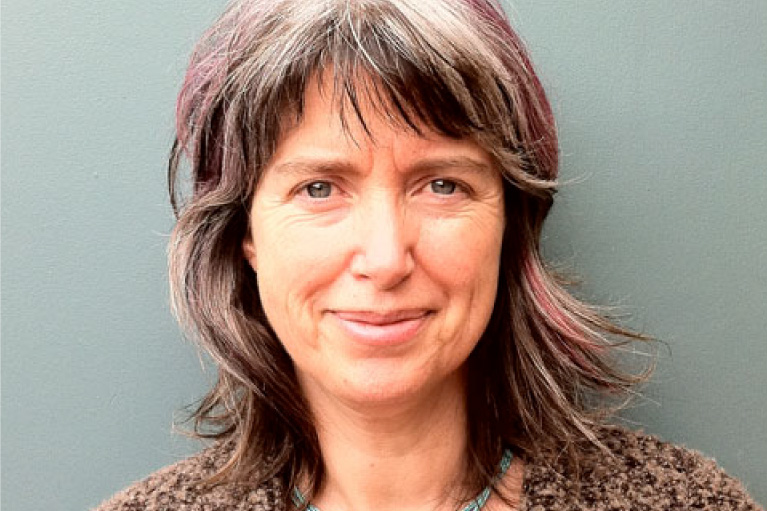
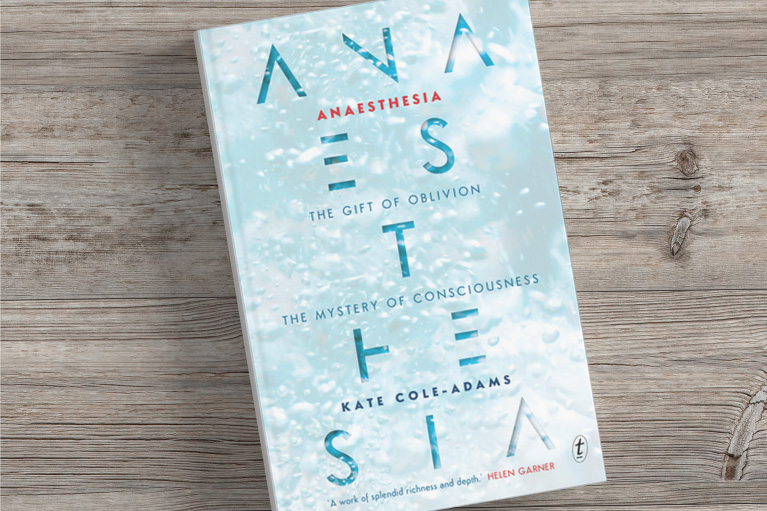
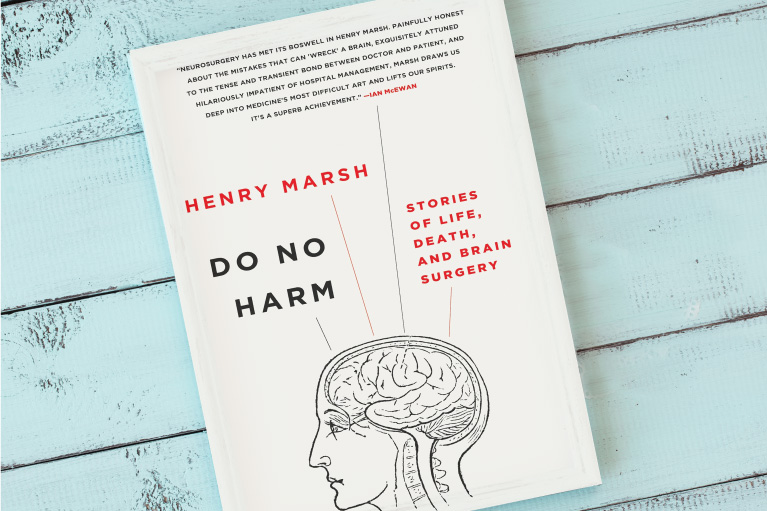
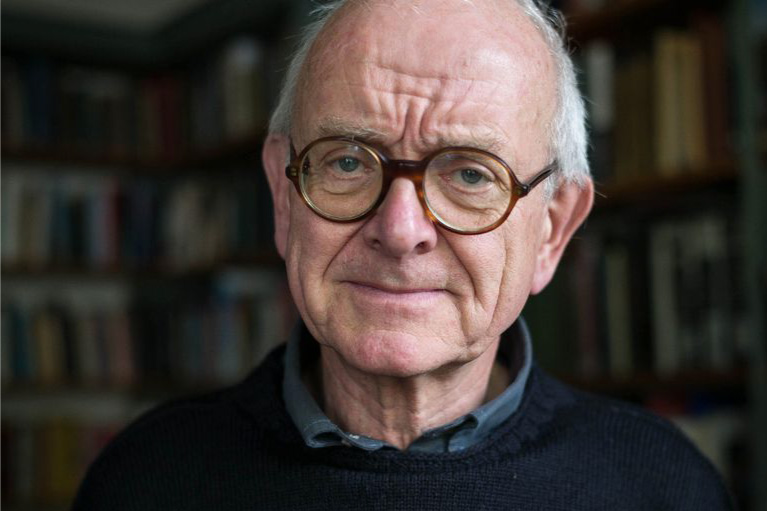
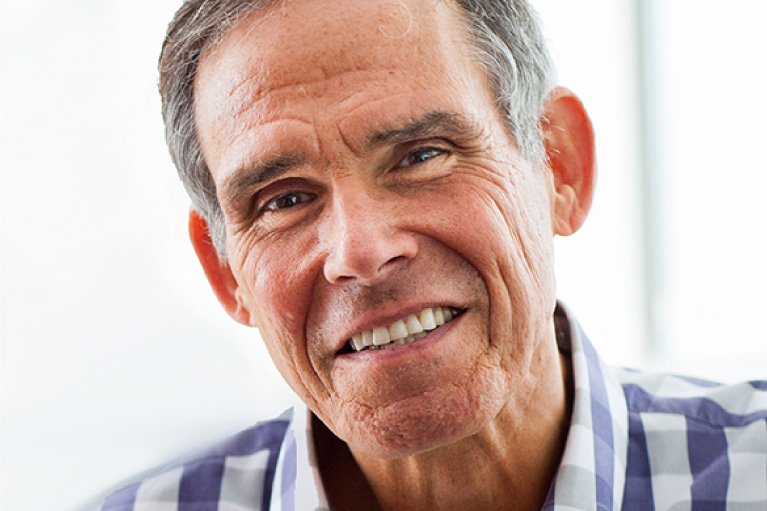
Leave A Comment